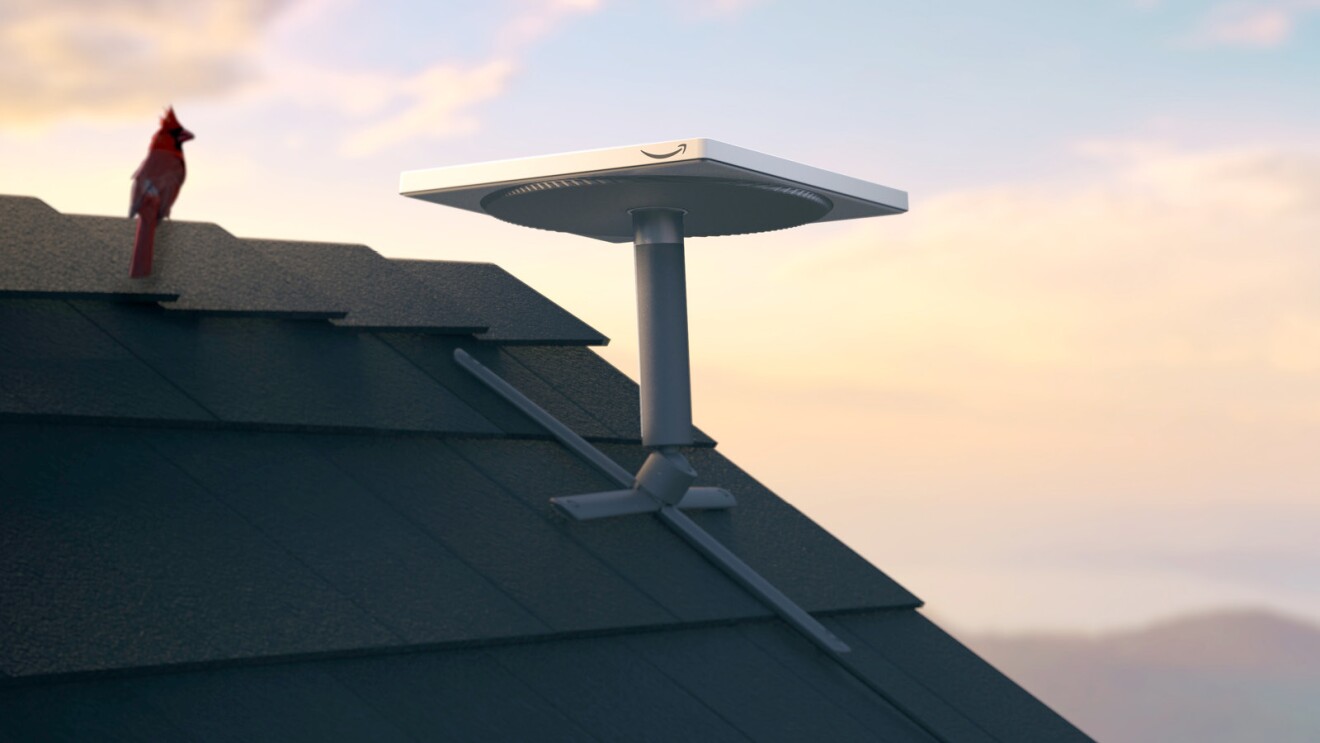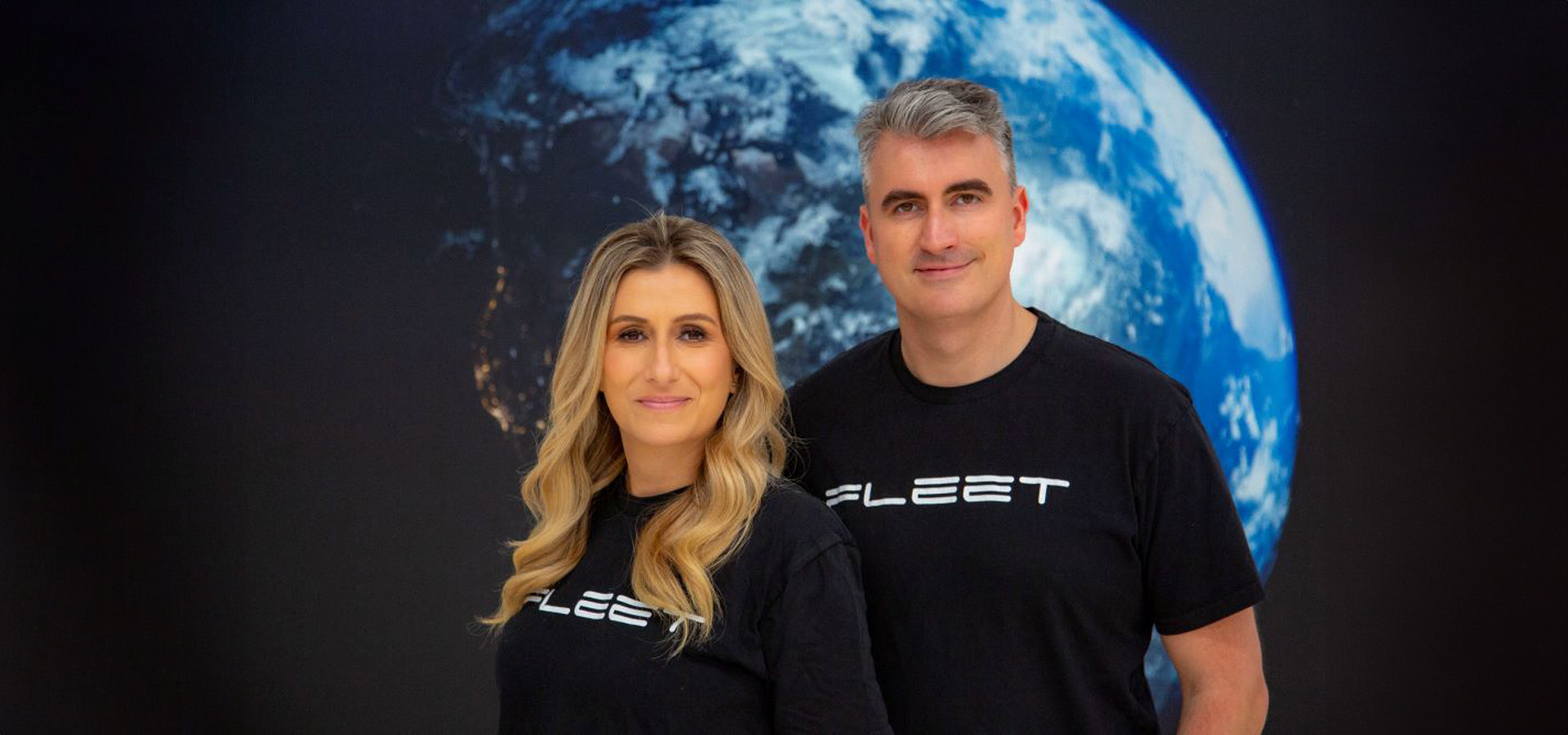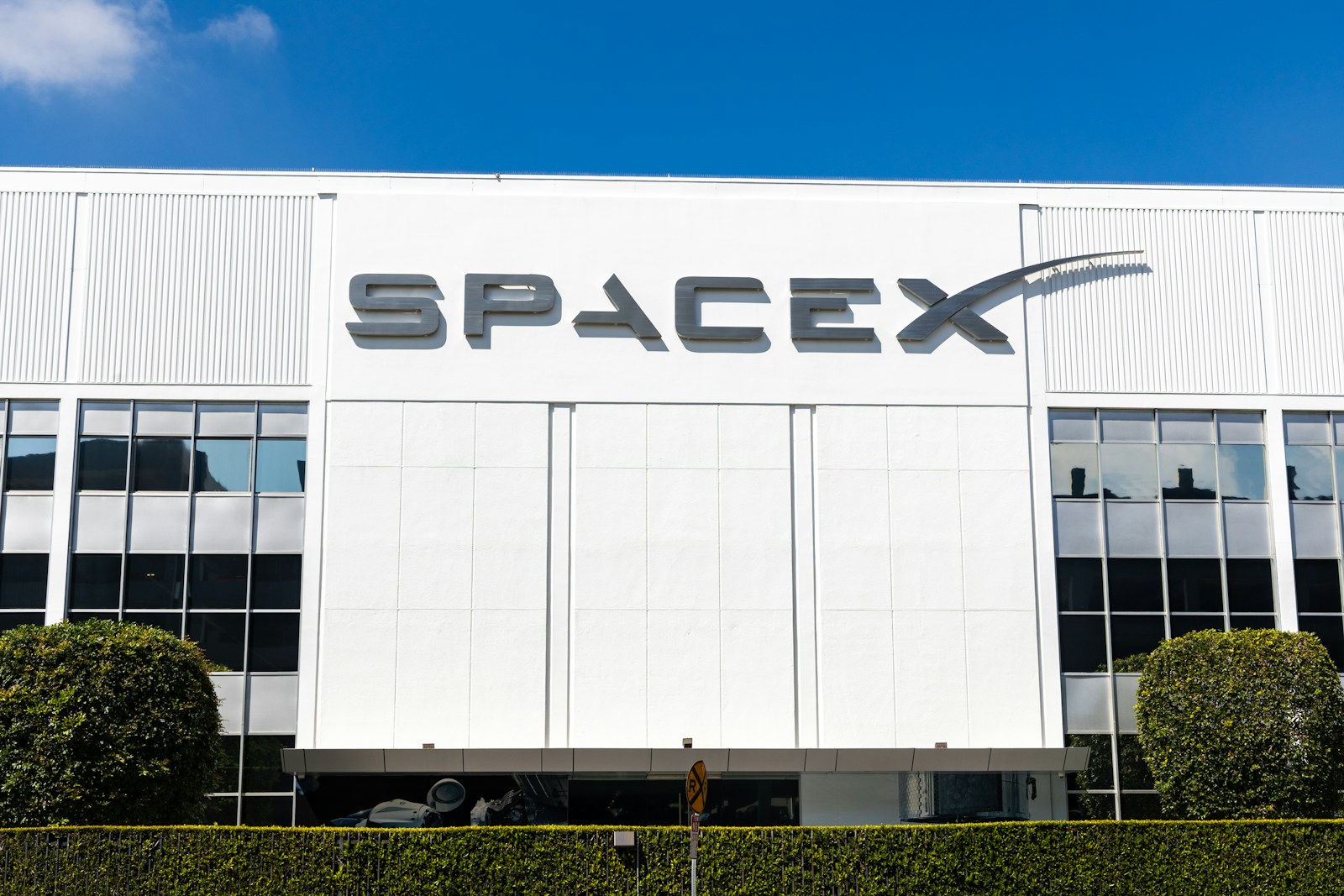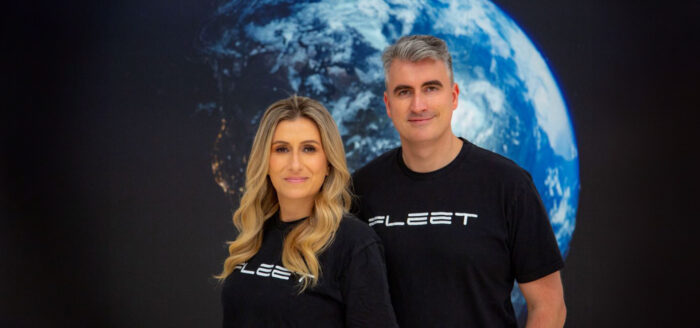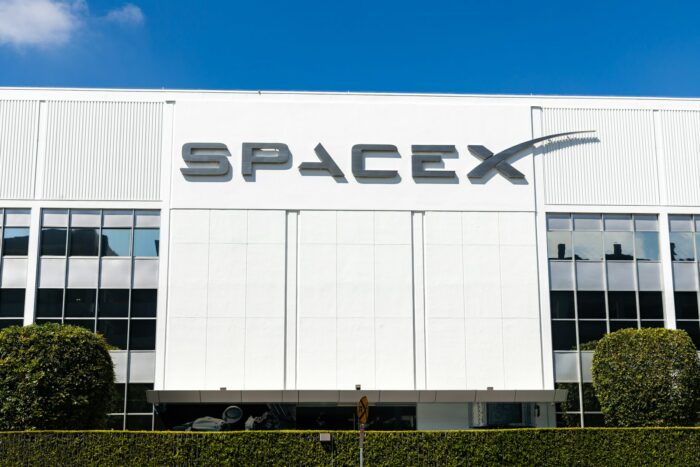Insider Brief:
- Amazon will begin testing its prototype antenna for Project Kuiper, aimed at providing high-speed satellite Internet worldwide.
- Six months of rigorous testing will start in April, accompanied by the operation of no more than 200 subscriber terminals concurrently.
- Image credit: Amazon
Amazon is gearing up to test prototype antennas for its ambitious Project Kuiper, aimed at establishing a global satellite network in low Earth orbit. With plans to rival SpaceX’s Starlink Internet service, Project Kuiper promises to provide high-speed satellite Internet access to users worldwide.
The US Federal Communications Commission (FCC) has greenlit Amazon subsidiary, Kuiper Systems to temporarily deploy up to 1,000 antenna prototypes across the United States. This milestone is a crucial step towards mass production and delivering quality services to future satellite Internet users.
Scheduled to commence in April, Kuiper Systems will conduct six months of rigorous testing, accompanied by the operation of no more than 200 subscriber terminals concurrently. This approach enables comprehensive evaluations of antenna effectiveness across various conditions and geographic locations within the US, with beta testing slated for the latter half of 2024.
Amazon’s endeavor is nearing completion of its satellite antenna design, with plans to offer three options catering to different user needs. From portable devices with speeds of up to 100 Mbps to enterprise-class solutions supporting speeds of up to 1 Gbps, Amazon aims to democratize high-speed Internet accessibility.
While pricing details remain undisclosed, Amazon’s commitment to offering a standard antenna capable of 400 Mbps speeds for less than $400 signals a dedication to affordability. Despite only launching two prototype satellites thus far, Amazon’s imminent antenna testing marks an acceleration in its satellite network deployment efforts, reflecting the company’s determination to realize its ambitious goals for Project Kuiper.
For more market insights, check out our latest space industry news here.
Share this article:

